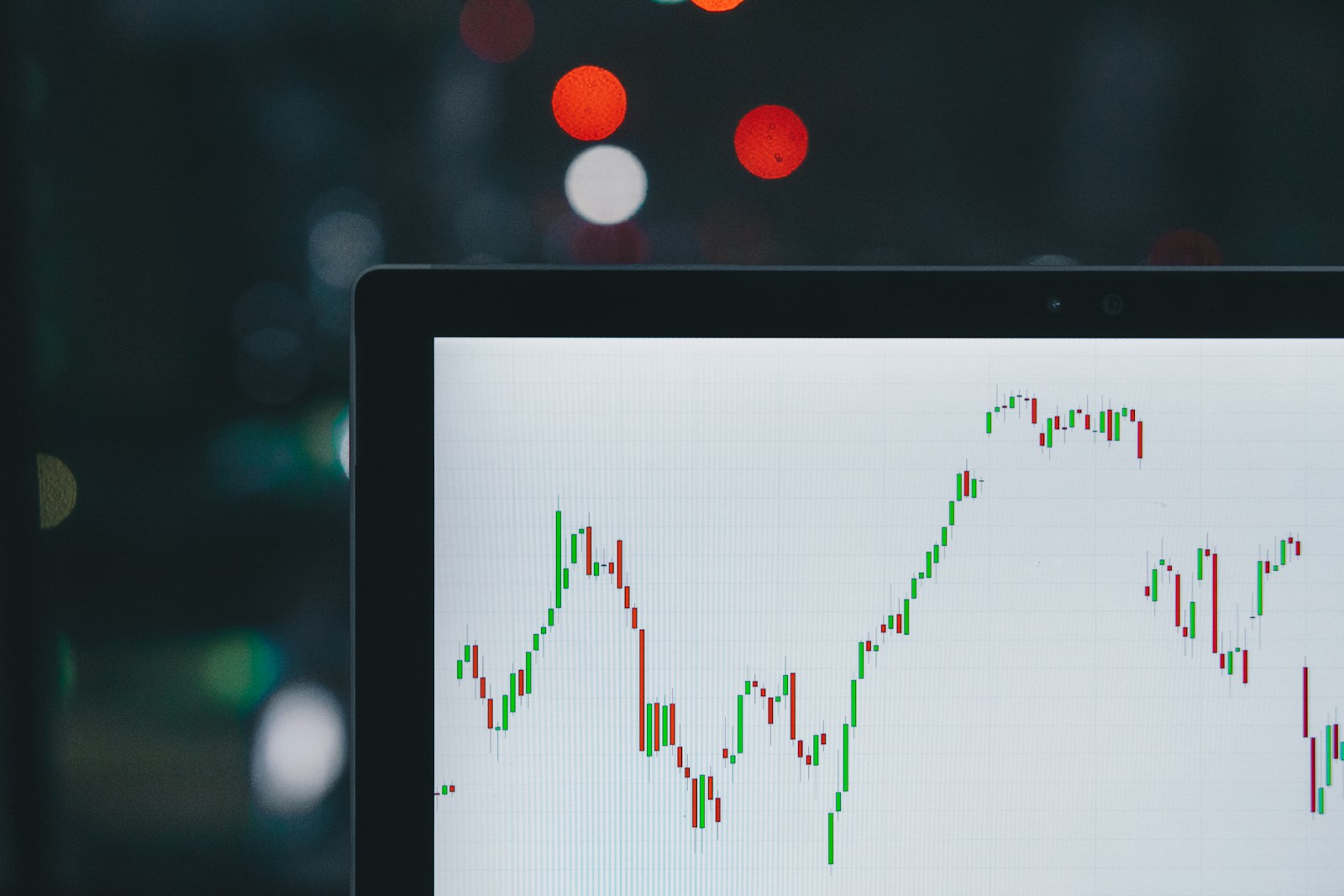Market Value of Equity
Table of Contents
Market Value of Equity as a Metric
Welcome to our finance blog! In this article, we will explore the concept of “Market Value of Equity” and its significance in the world of finance. Understanding the market value of equity is crucial for investors, analysts, and anyone interested in evaluating the worth of a company. We will delve into the definition, calculation, and factors that influence the market value of equity. So, let's dive in!
What is Market Value of Equity?

The market value of equity, also known as market capitalization, is the total value of a company's outstanding shares of stock. It represents the market's perception of a company's worth at a given point in time. Market value of equity is calculated by multiplying the current market price per share by the total number of outstanding shares.
For example, if a company has 1 million outstanding shares and the current market price per share is $50, the market value of equity would be $50 million (1 million shares x $50 per share).
Calculation of Market Value of Equity
To calculate the market value of equity, you need two key pieces of information: the current market price per share and the total number of outstanding shares. The formula is simple:
Market Value of Equity = Current Market Price per Share x Total Number of Outstanding Shares
Let's consider an example to illustrate this calculation:
Company XYZ has a current market price per share of $75, and it has 5 million outstanding shares. Using the formula, we can calculate the market value of equity:
Market Value of Equity = $75 x 5,000,000 = $375,000,000
Therefore, the market value of equity for Company XYZ is $375 million.
How To Calculate: 2 Examples
- Example 1: Suppose a company, XYZ Corp, has 1,000,000 outstanding shares of common stock, and the current market price per share is $50. To find the market value of equity (MVE), we use the formula:
MVE = Number of Outstanding Shares × Market Price per Share
Plugging in the values:
MVE = 1,000,000 x $50
MVE = $50,000,000
So, the market value of equity for XYZ Corp is $50,000,000.
- Example 2: (with Market Capitalization )
Let's consider another company, ABC Corp, which has a market capitalization of $100,000,000 and 2,000,000 outstanding shares of common stock. The market value of equity can be calculated by dividing the market capitalization by the number of outstanding shares:
MVE = Market Capitalization / Number of Outstanding Shares
Plugging in the values:
MVE = $100,000,000 / 2,000,000
MVE = $50
So, the market value of equity for ABC Corp is $50 per share.
Factors Influencing Market Value of Equity

The market value of equity is influenced by various factors that reflect the market's perception of a company's future prospects and risks. Here are some key factors that can impact a company's market value of equity:
- Financial Performance: A company's financial performance, including revenue growth, profitability, and cash flow, can significantly influence its market value of equity. Strong financial performance often leads to an increase in market value.
- Industry and Market Conditions: The overall conditions of the industry and market in which a company operates can impact its market value of equity. Favorable industry trends and market conditions can drive up the market value, while unfavorable conditions can have the opposite effect.
- Competitive Position: A company's competitive position within its industry is crucial. Market leaders with a strong competitive advantage often command higher market values compared to their competitors.
- Management and Leadership: The quality of a company's management team and leadership plays a vital role in determining its market value of equity. Competent and visionary leadership can inspire investor confidence and drive up the market value.
- Macroeconomic Factors: Macroeconomic factors such as interest rates, inflation, and economic growth can impact the market value of equity. Changes in these factors can influence investor sentiment and valuation multiples.
2 Examples
Case Study: Apple Inc.
Let's take a look at a real-world example to understand how the market value of equity can change over time. Apple Inc., one of the world's most valuable companies, provides an interesting case study.
In 2007, Apple's market value of equity was around $100 billion. However, with the introduction of revolutionary products like the iPhone and iPad, along with strong financial performance, Apple's market value skyrocketed. By 2018, Apple became the first publicly traded company to reach a market value of $1 trillion.
This case study highlights how a company's market value of equity can change dramatically based on its performance, innovation, and market perception.
Summary: Important Financial Metric of Firms Value

The market value of equity is a crucial metric for evaluating the worth of a company. It represents the market's perception of a company's value at a given point in time. Calculating the market value of equity involves multiplying the current market price per share by the total number of outstanding shares.
Several factors influence the market value of equity, including financial performance, industry and market conditions, competitive position, management and leadership, and macroeconomic factors. Understanding these factors is essential for investors and analysts to make informed decisions.
By analyzing real-world examples like Apple Inc., we can see how the market value of equity can change significantly over time based on a company's performance and market perception.
So, the next time you evaluate a company's worth, remember to consider its market value of equity as a key indicator of its value in the eyes of the market.
